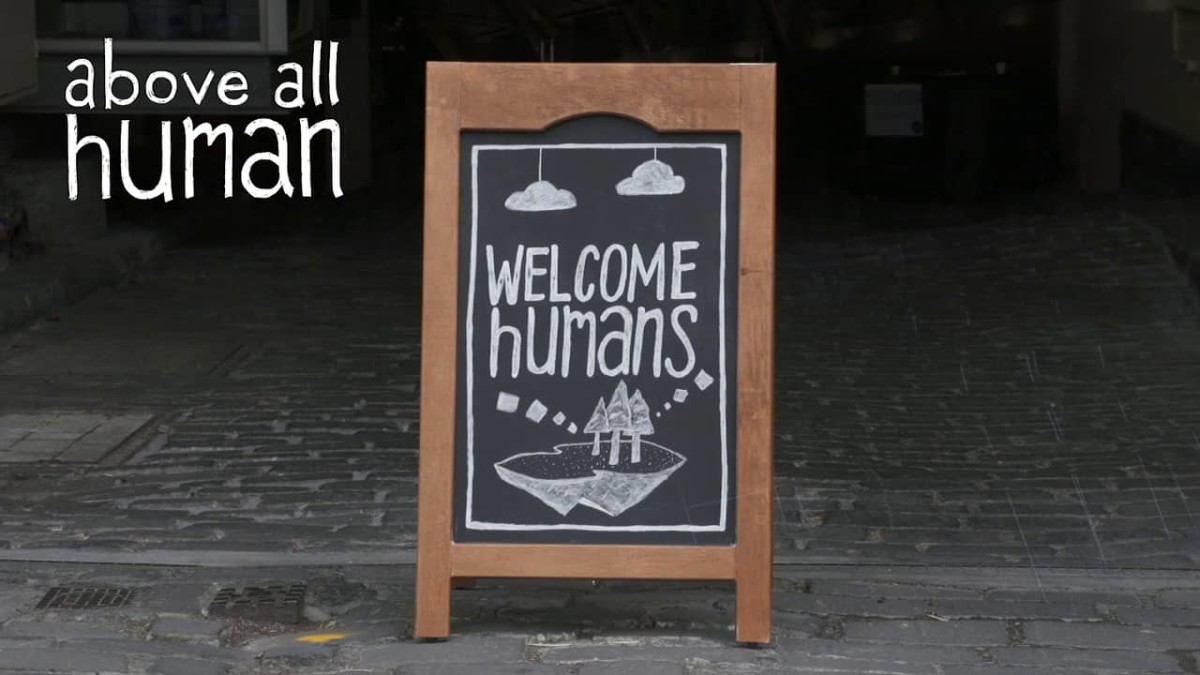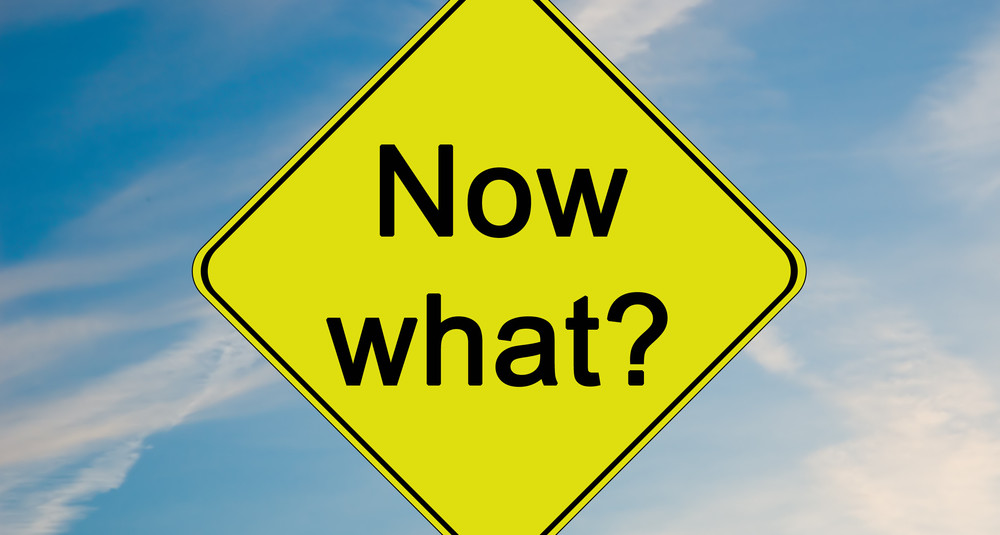There are some very special conferences, where the actual conference-track is embedded into a much broader community experience with very deliberate choices of venue, speakers, code of conduct and support like day-care for children. It’s a celebration of the organisers’ superb sense of taste as if they imagined a great day that happens to be a conference. With Above All Human, Susan Wu, Bronwen Clune and Scott Handsaker created such a wonderfully curated event in Melbourne:
“Above All Human is a conference for startup founders, makers, designers and innovators who want to do great things, build innovative products, and be the most effective entrepreneurs they can be.”
I had heard very good things about last year’s first instalment and it single-handedly surpassed those high expectations.
Things that I really, really liked about the conference:
- The quality and variety of speakers — a lot of people whom I’ve never heard of or whom I would not have actively sought out, but they shared such a great variety of topics and backgrounds. Who knew I’d be fascinated by the philosophical aspects of astrophysics?
- The diversity of speakers — apparently is was no big deal to pull off 50% female speakers, but I think it was and think it should be highlighted as an example for other conferences to follow.
- The tone of the conference — there was very little brouhaha and a lot of sincerity. As pointed out in the opening remarks, it was a heartfelt, inclusive and honest conference. Presenters talked openly about their struggles to share their hard-won learnings and present food for thought rather than half-baked solutions.
- The venue — it easily hosted 1,000 people and never did I feel constrained, packed or uncomfortable, which is not a given for an introvert at conferences.
- The food — plenty, good and easily available. Such a great idea to place food all over the place instead of having one central trough where everybody crams around.
So, what did I learn on Friday?
- JOMO — The Joy of Missing Out. Being so immersed in the moment and disconnected from everything else that you very deliberately avoid any distractions. That was not part of the conference itself, but it came up in a conversation with a stranger in-between sessions.
- There is still room for growth in the Australian venture capital (VC) ecosystem. $500m was invested amongst the Australian VC community in 2015 vs. $800m that were gambled just on the Melbourne Cup in one day alone. I found that an exceptional way to illustrate that the Australian VC community is way below saturation and Australia has a significantly higher tolerance towards risk that it currently admits to startups. In that same session, I liked Annie Parker’s version of know your customer intimately: “The best ideas at our refugee hackathon came from non-technical caseworkers and refugees themselves. Those ideas had little tech involved and a lot of impact.”
- A culture-first company (i) knows what it is willing to suffer for, (ii) builds on a promise (a brand is a promise to a customer and its culture is how it is going to deliver on that promise) and (iii) sees a world that others don’t. Didier Elzinga gave a great presentation about why culture matters and why it is not that soft and fluffy thing, but a hard-hitting tool to drive company performance. As Didier put it “moral makes the difference between whether you get on your dollar a return of 25 cents or $3.” I wish that talk had been longer with time for Q&A.
- Persistence come from purpose — if you have a strong purpose and can communicate it with passion, you will inevitably end up with traction with employees, customers and investors. Kate Morris of Adore Beauty told the unglamorous story of her startup and how she got to be as successful as she is now. Long story short: a lot of suffering and conviction — it’s not pretty (ironic for an online beauty business). It reminded me of the Parker’s law: “Running a startup is like eating glass. You just start to like the taste of your own blood.”
- The total amount of kids taught coding by Code Club Australia could now fill the entire Googleplex in Mountain View. Being one of their volunteers that visual made me very proud, especially given that we target a very specific niche of kids between 9 and 11. Just imagine the potential of a whole generation being able to understand how code works, its potential and its limitations. I’m looking forward to seeing us fill another Googleplex in the next year or two.
- Software is the ultimate infinite game. Ali Rayl of Slack gave a good reminder that in hardware businesses like construction it is very difficult to continuously improve your creations, whereas software can improve infinitely. It’s a way more optimistic view of the world where bugs are constantly fixed, features implemented and new functionality invented.
There were two other sessions by internet royalty at the conference, that were just too rich to put into a simple bullet of insight (fortunately, you can find their talks here and there). The first was by Mike Monteiro talking about the apprentice model and why it might be a good idea as a designer toget some experience before joining a startup (very applicable to other professions as well — you can see a version of the talk over at Vimeo). He’s a force on stage, very insightful and highly entertaining. If you haven’t seen him, I highly recommend checking out some of his presentations online.
The closing session was by Anil Dash talking about why we should get rid of the cynical notion of “don’t read the comments on the internet” and rather start transferring our learnings from 10,000 years of building a society into the online world. In his Q&A he gave one of my favourite quotes of the day: “These companies [Google, Facebook] have all the money in the world. They shoot rockets into space, design self-driving cars and work on pro-longing life. But once you ask them to make sure that the jerks on their platforms behave for five minutes, they throw their hands in the air and declare that it’s too hard.” Anil posted earlier this week his talk Against “Don’t Read the Comments”.
It was a great conference with very insightful talks and great people on stage. Thank you, Susan, Bronwen and Scott. You’ve done a fantastic job. I am very grateful for this conference and hope to have the chance to attend again next year.
Image by Scott Handsaker at Vimeo.


